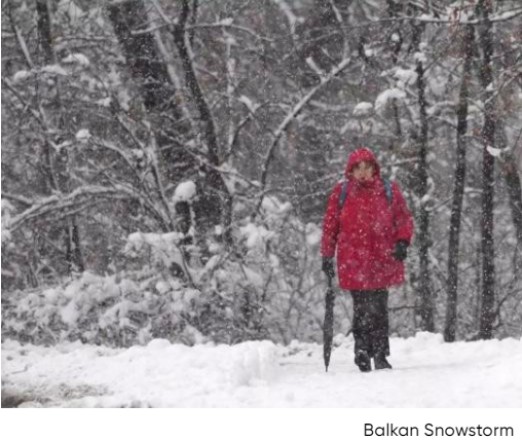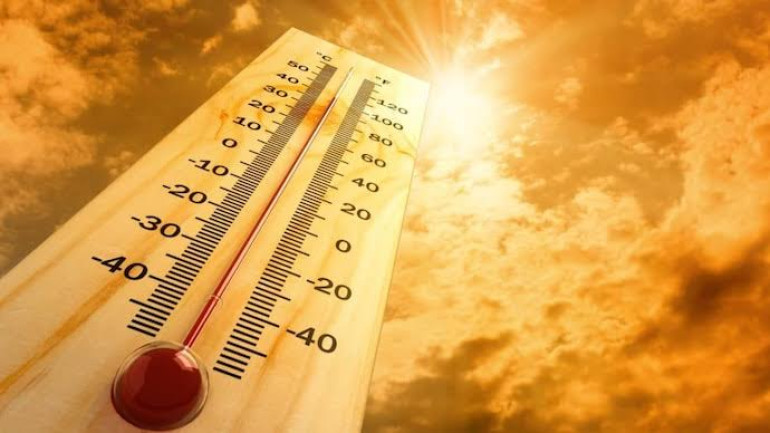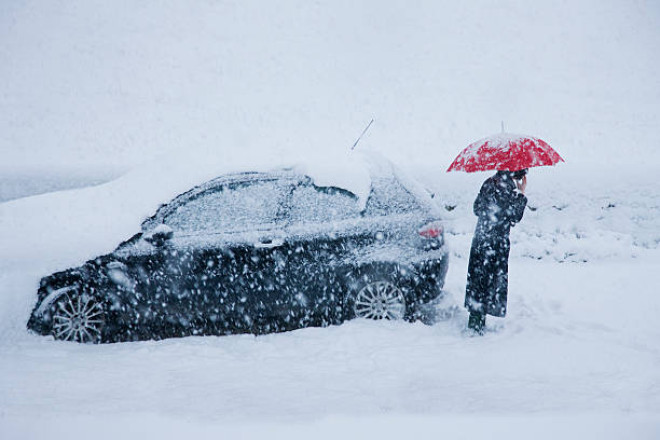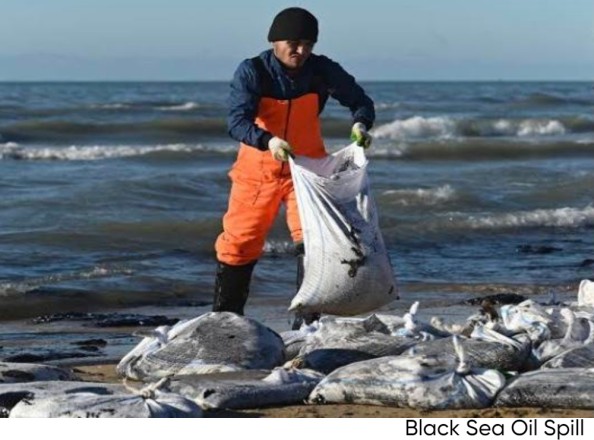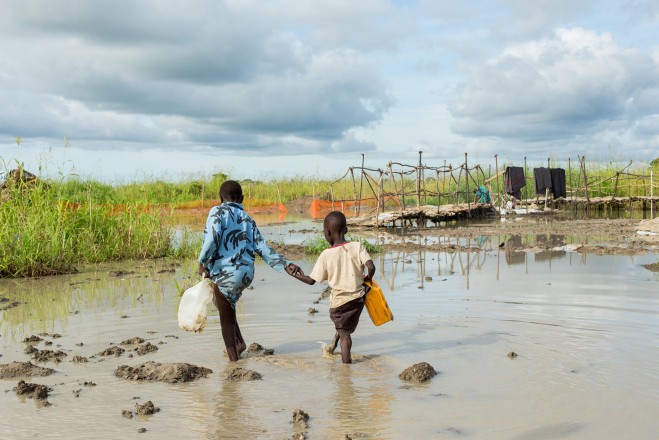As a persistent snowstorm ravaged the Balkan region, it left a path of destruction in its wake, paralyzing cities in many nations and bringing tens of thousands of houses to darkness. Residents are fighting below-freezing conditions without access to heating, power, or other necessities due to the cold grasp of nature.
More than just a frozen landscape has been left behind by the Balkan blizzard; it has also shown the weaknesses of an area whose infrastructure is unable to withstand the effects of nature. Stories of resiliency and camaraderie, however, cut through the gloom to serve as a reminder of the human spirit's eternal strength.
Tens of thousands of households were left in the dark and cold temperatures as a relentless snowstorm ravaged the Balkan area. One of the worst storms in recent memory, it immobilized transit, knocked out power, and stopped normal life. There are glimmers of hope in an otherwise terrifying situation as governments and humanitarian organizations scramble to handle the widespread impact. Also, much of Serbia, Bosnia, Croatia, and Montenegro have been covered by the snowstorm, which has been dubbed one of the worst in recent memory.
To deal with the situation, emergency services and local governments are using every resource at their disposal. To clear roads and reopen access to remote communities, more than 3,000 laborers and 500 snowploughs have been mobilized in Serbia. Helicopters have been sent to Bosnia to transport food and medical supplies to isolated regions that have been shut off by a lot of snow. Relief efforts are being stepped up by the Red Cross and other humanitarian groups. In Croatia, shelters have been established for individuals trapped on highways and in towns without heating, and volunteers are providing food, blankets, and warm clothing to those in need.
Residents of the Balkan region are battling below-freezing temperatures without access to power or heating as a result of a prolonged snowstorm. Concerns about additional inconveniences are raised by meteorologists' warning that more snow and cold temperatures are anticipated in the days ahead. As they attempt to return things to normal, authorities are advising citizens to stay inside and use resources sparingly. While governments and humanitarian agencies struggle to manage the widespread impact, there are rays of light in an otherwise scary situation.

